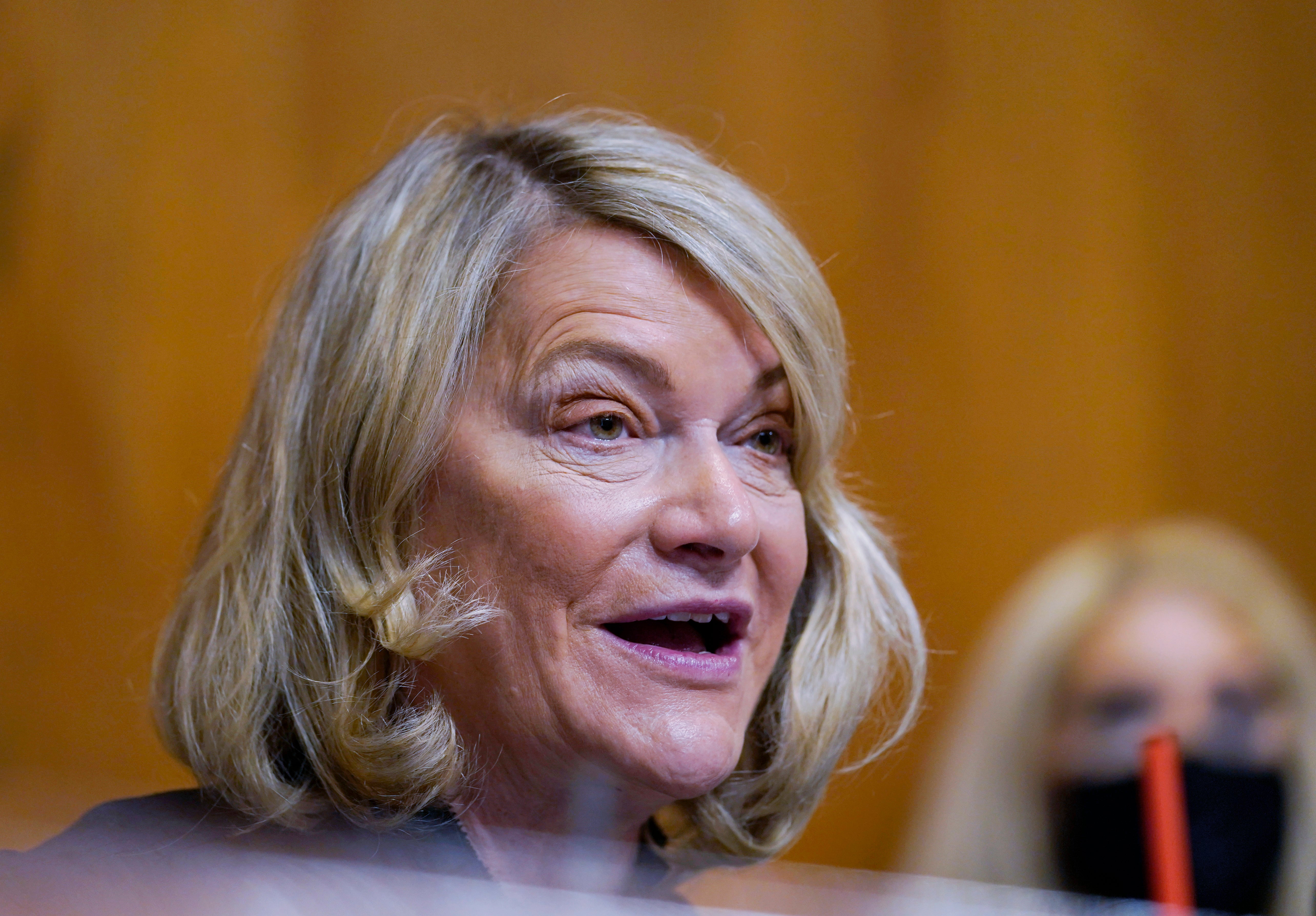Your support helps us to tell the story
From reproductive rights to climate change to Big Tech, The Independent is on the ground when the story is developing. Whether it’s investigating the financials of Elon Musk’s pro-Trump PAC or producing our latest documentary, ‘The A Word’, which shines a light on the American women fighting for reproductive rights, we know how important it is to parse out the facts from the messaging.
At such a critical moment in US history, we need reporters on the ground. Your donation allows us to keep sending journalists to speak to both sides of the story.
The Independent is trusted by Americans across the entire political spectrum. And unlike many other quality news outlets, we choose not to lock Americans out of our reporting and analysis with paywalls. We believe quality journalism should be available to everyone, paid for by those who can afford it.
Your support makes all the difference.
Read more
Artificial intelligence companies could be protected from mistakes their software makes as long as they abide by specific disclosure requirements under a new bill put forward by a Republican senator.
The proposed bill aims to ensure professionals such as doctors, lawyers, financial advisers, engineers and others who use AI programs retain legal liability if their work contains errors.
However, AI developers would need to publicly state how their systems work.
Cynthia Lummis of Wyoming introduced the legislation on Thursday, dubbed the “Responsible Innovation and Safe Expertise Act.” It would be the first of its kind if it passes, the senator’s office said.
The bill would not apply to self-driving vehicles or developers who act recklessly or engage in misconduct, according to NBC News.

open image in gallery
“This legislation doesn’t create blanket immunity for AI — in fact, it requires AI developers to publicly disclose model specifications so professionals can make informed decisions about the AI tools they choose to utilize,” the senator’s office said in a statement to the outlet.
“It also means that licensed professionals are ultimately responsible for the advice and decisions they make. This is smart policy for the digital age that protects innovation, demands transparency, and puts professionals and their clients first.”
Other lawmakers are working to jump ahead of the liability curb when it comes to businesses implementing artificial intelligence. States are working to apply standards, but part of President Donald Trump’s “One Big Beautiful Bill” includes a clause barring them from doing so for at least 10 years.
Last week, Senate Republicans suggested changing the clause to block federal funding for broadband projects to states that regulate AI, NBC News reported.
Lawmakers across the aisle have previously opposed banning states from passing regulations throughout the next decade.
As the AI race continues, tech CEOs have warned that enacting such policies could prevent further advancements.


